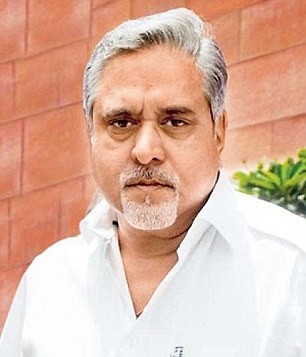
NEW DELHI (TIP): With the UK legal system providing enough safeguards to industrialist Vijay Mallya take advantage of, India may have to wait long to get him extradited.
Though India and the UK have a bilateral Extradition Treaty in place since 1993, it is unlikely to help New Delhi in expediting the process.
The UK recently made it clear that it would strictly go by its Extradition Act, 2003, while determining if Mallya should be sent back.
Just days after New Delhi formally requested London to extradite Mallya to stand trial in loan default and money laundering cases, he was seen at Silverstone in the UK at the launch of a new racing car by his Formula One team –Sahara Force India.
Media reports quoted Mallya saying that he felt safe in the UK, notwithstanding India’s attempts to extradite him.
A source in New Delhi said what Mallya must be relying upon was the complexity of the UK’s legal system, which would make it difficult to get him back.
Legal process
The Extradition Act, 2003, of the UK puts the nations requesting the British government for extradition of fugitives into two categories – Category 1 for members of the European Union and Category 2 for India and other nations which has an extradition arrangement with it.
A team of British government officials met their counterparts in the Indian government here on Monday and Tuesday and explained the complexities of the UK legal system.
Another source said though UK officials agreed to act fast on India’s request to extradite Mallya and 15 other fugitives, they underlined that little could be done to speed up the judicial process.





Be the first to comment